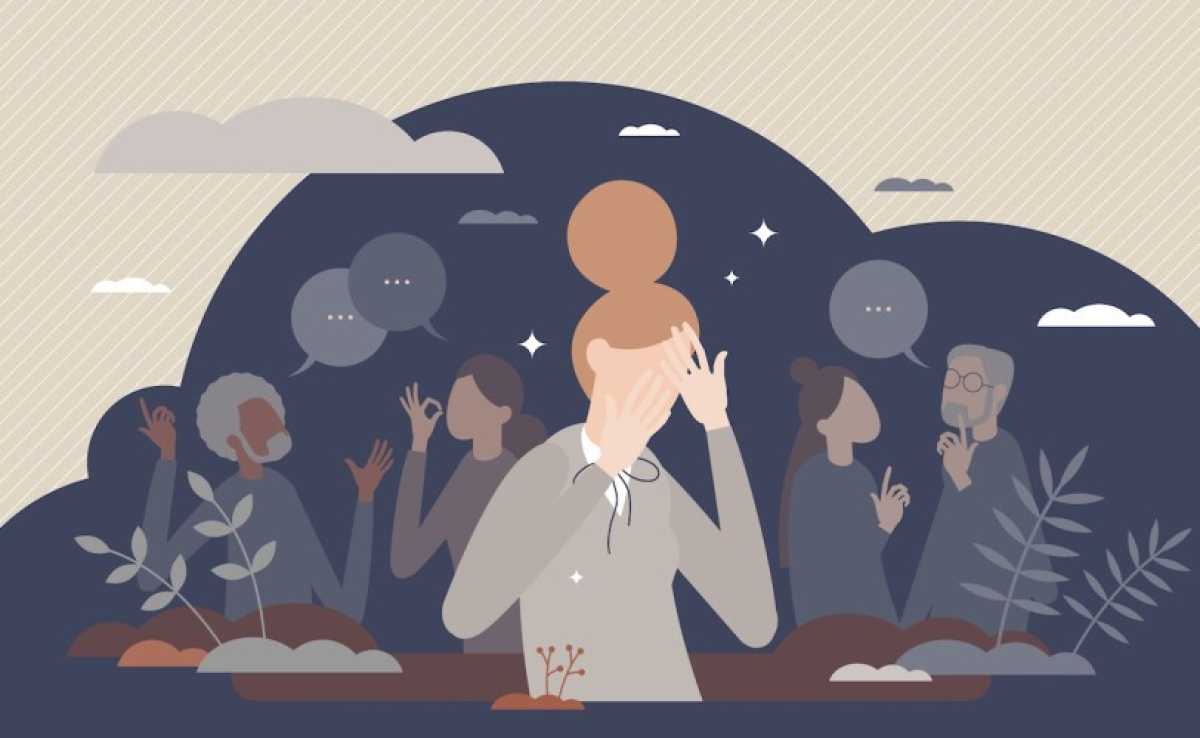4 Anxiety Facts You Should Be Aware Of
- - Category: Diseases & Conditions
- - 05 Apr, 2024
- - Views: 92
- Save

Anxiety
Have you ever experienced that overwhelming feeling of anxiety? It's something that most of us have encountered at some point in our lives. Anxiety can manifest in various forms, leaving us feeling isolated, embarrassed, or even ashamed. However, it's essential to recognize that anxiety doesn't have to control us. With the right tools and coping mechanisms, we can overcome its grip and lead fulfilling lives. Read on to learn more about how anxiety works and the ways you can manage it.
1. Understanding Anxiety
Anxiety is a normal response to challenging or frightening situations. It's not a disease but rather a natural emotional state that we all encounter. Anxiety can present itself in different ways, from fleeting moments of tension to prolonged feelings of fear or frustration. Recognizing the various types of anxiety, such as tension, panic attacks, or social anxiety, is crucial in understanding how to address it effectively.
2. Causes of Anxiety
To effectively cope with anxiety, it's essential to understand its root causes. These can vary from person to person and may include genetic predispositions, environmental factors like childhood trauma or bullying, or external stressors such as financial difficulties or relationship issues. By identifying the underlying causes of our anxiety, we can begin to develop strategies for managing it.
3. Recognizing the signs
It's essential to recognize the signs of anxiety before it becomes overwhelming. Anxiety can manifest in various ways, including irritability, moodiness, or fatigue. Pay attention to these symptoms and take proactive steps to address them before they escalate. Whether it's through meditation, exercise, or seeking professional anxiety treatment, finding healthy coping mechanisms is key to managing anxiety effectively.
4. Coping strategies
There are several effective coping strategies for dealing with anxiety:
- Recognize and take breaks: When you start feeling anxious, take a step back from what you're doing. Sometimes, simply pausing and allowing yourself to breathe can help calm your mind.
- Practice relaxation techniques: Incorporate relaxation techniques into your daily routine to help manage anxiety. Techniques such as deep breathing exercises, progressive muscle relaxation, or visualization can help calm your mind and alleviate feelings of tension and stress. By regularly practicing these techniques, you can build resilience to anxiety triggers and promote a greater sense of calm and well-being in your life.
- Understand your triggers: Identify what triggers your anxiety and try to address those triggers proactively. This could involve avoiding certain situations or developing coping mechanisms for when you encounter them.
- Engage in enjoyable activities: Distract yourself by doing things you enjoy. Whether it's reading a book, listening to music, or going for a walk, engaging in pleasurable activities can help take your mind off your worries.
- Stay present: Focus on the present moment rather than worrying about the future. Practice mindfulness techniques, such as deep breathing or meditation, to help ground yourself in the here and now.
- Exercise regularly: Physical activity is an excellent way to release tension and reduce anxiety. Whether it's going for a run, practicing yoga, or hitting the gym, regular exercise can help boost your mood and alleviate stress.
- Seek support: Don't be afraid to reach out to friends, family, or a therapist for support. Talking about your feelings with someone you trust can provide valuable insight and help you feel less alone in your struggles.
- Practice self-compassion: Be gentle with yourself and understand that it's okay to feel anxious sometimes. Treat yourself with kindness and compassion, just as you would a friend who's going through a tough time.
The bottom line
Anxiety is a common challenge that many of us face, but it doesn't have to dictate our lives. By understanding its causes, recognizing its signs, and implementing effective coping strategies, we can reclaim control over our mental health and live life to the fullest. Remember, you're not alone, and there are always resources and support available to help you navigate through difficult times.


